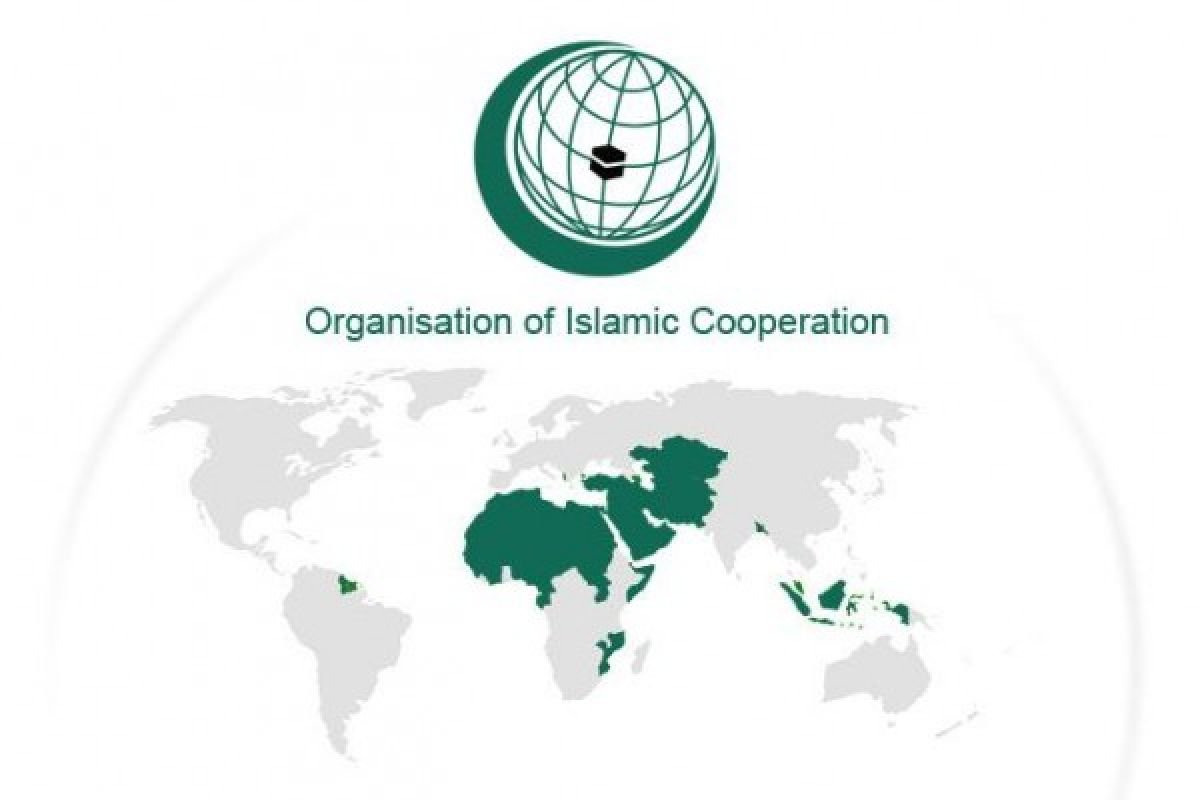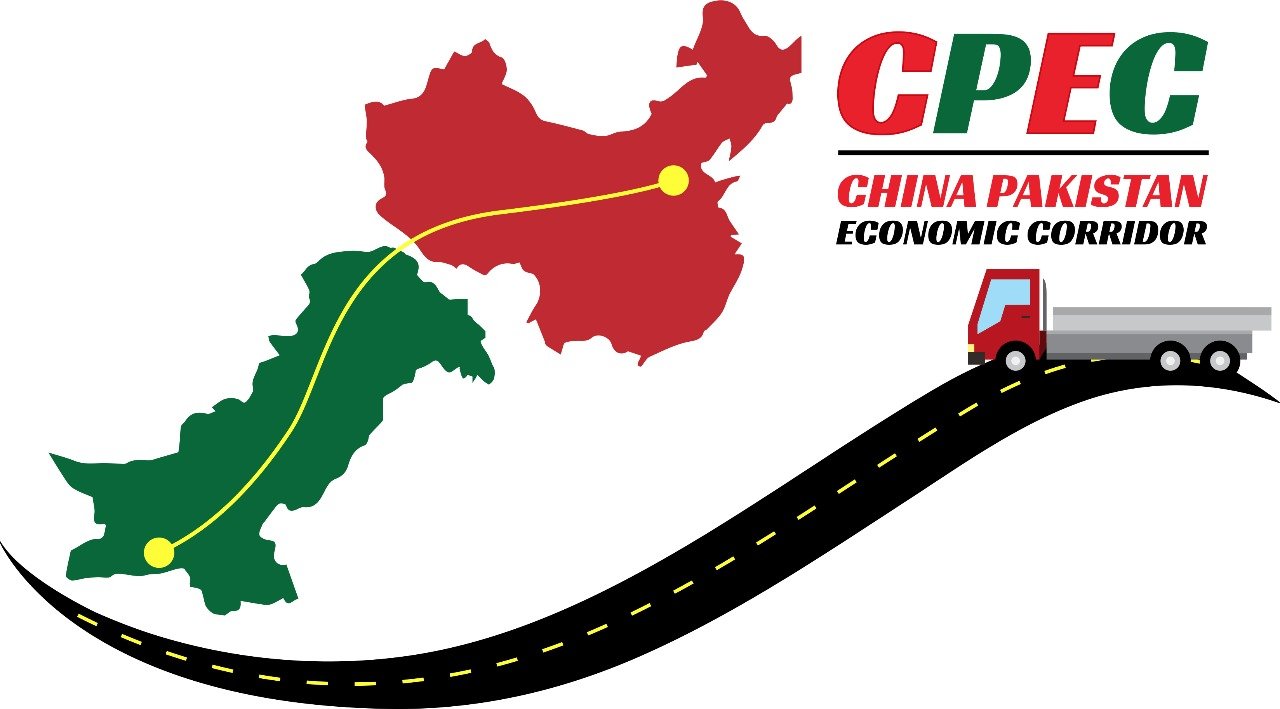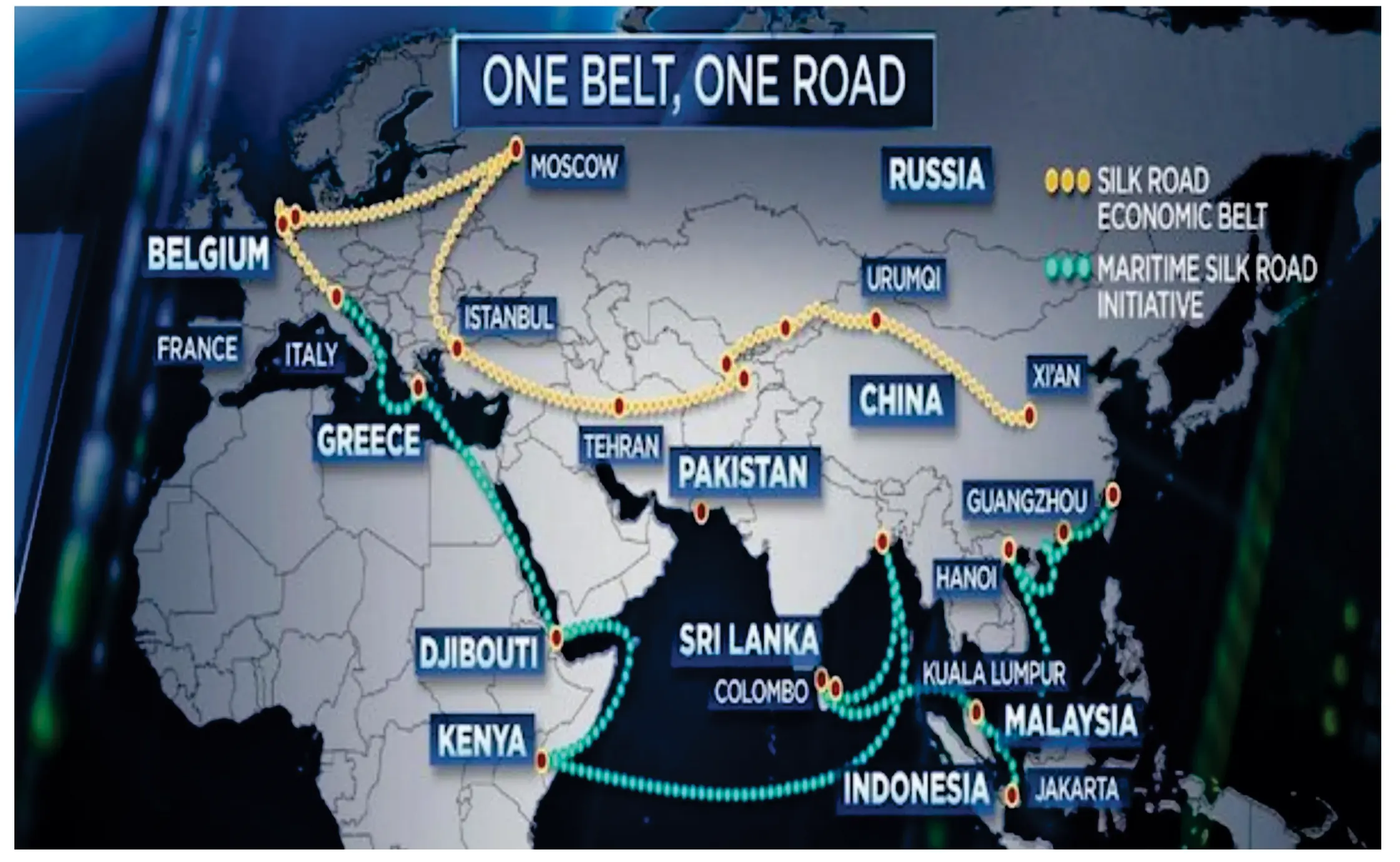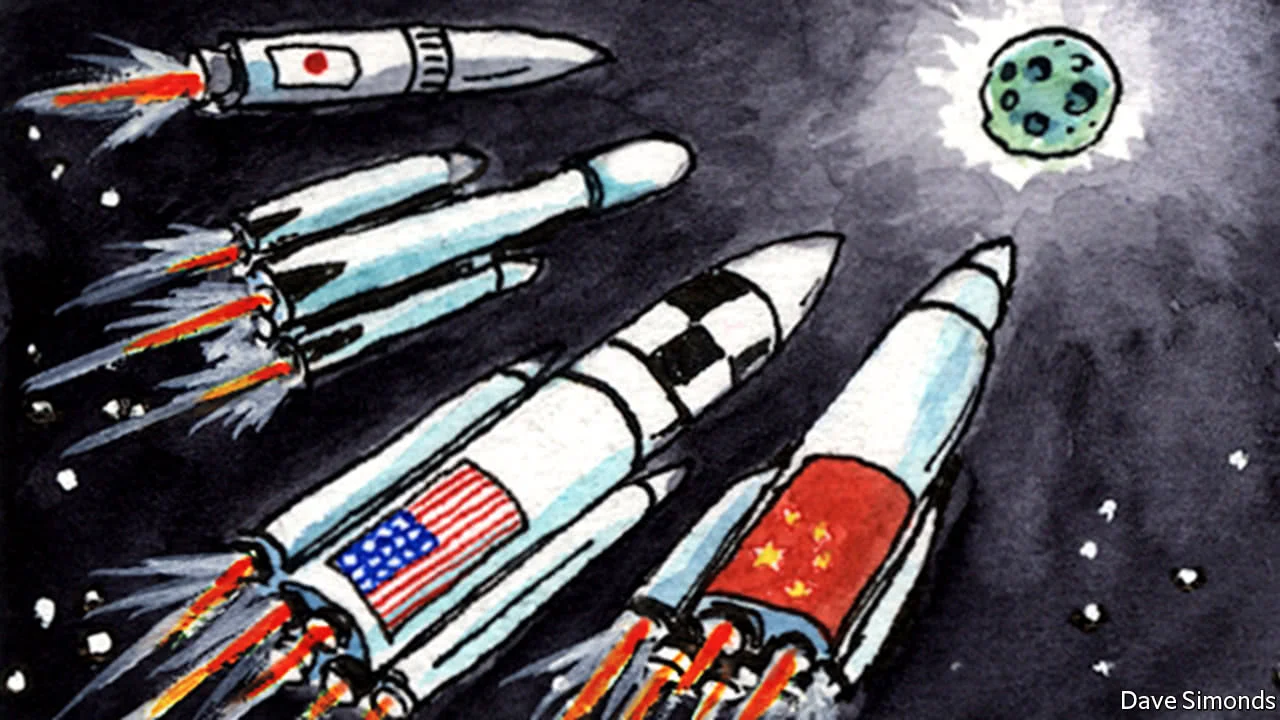
The Organisation of Islamic Cooperation (OIC), established in 1969, is the second-largest intergovernmental organization after the United Nations, with 57 member states. It aims to promote solidarity and cooperation among Muslim-majority countries and safeguard the interests of the Muslim world. However, the OIC has faced significant criticism for its shortcomings and failures in achieving its stated objectives.
Here’s a detailed look at the OIC’s failures, with explanations:
- Lack of Unity and Political Will:
Internal Divisions: The OIC is plagued by internal divisions based on sectarian differences, geopolitical rivalries, and economic disparities. This lack of unity hinders its ability to speak with one voice and act decisively on critical issues.
Limited Political Influence: Despite its large membership, the OIC has limited political influence on the global stage. Its resolutions and statements often go unheeded by major powers, and it struggles to enforce its decisions or mediate effectively in conflicts involving Muslim countries.
- Ineffectiveness in Addressing Conflicts:
Failure to Prevent or Resolve Conflicts: The OIC has been largely ineffective in preventing or resolving conflicts within the Muslim world. Conflicts like the Palestinian-Israeli conflict, the Syrian Civil War, and the Rohingya crisis continue unabated, despite numerous OIC resolutions and calls for action.
Lack of a Robust Conflict Resolution Mechanism: The OIC lacks a robust mechanism for conflict resolution and peace-building, often resorting to symbolic gestures and rhetoric instead of concrete actions.
- Underperformance in Economic and Social Development:
Limited Economic Cooperation: Despite its potential, the OIC has achieved limited success in fostering economic cooperation and development among its member states. Trade among OIC countries remains low, and there is a lack of investment and technology transfer initiatives.
Social Disparities: Many OIC member states face significant challenges in areas like education, healthcare, poverty reduction, and human rights. The OIC has been unable to effectively address these issues or provide substantial support to struggling nations.
- Bureaucracy and Lack of Accountability:
Bloated Bureaucracy: The OIC is criticized for its bloated bureaucracy and inefficient decision-making processes. This hampers its agility and effectiveness in responding to crises and implementing programs.
Lack of Transparency and Accountability: There are concerns regarding a lack of transparency and accountability within the OIC, hindering effective governance and raising questions about the allocation of resources.
Explanation:
Several factors contribute to the OIC’s shortcomings:
Geopolitical Rivalries: Deep-seated geopolitical rivalries and mistrust among member states often prevent collective action and undermine common interests.
Economic Disparities: The vast economic disparities between wealthy and poorer OIC nations create divisions and hinder cooperation on development initiatives.
External Interference: The influence of external powers often exacerbates internal divisions and complicates the OIC’s ability to act independently on issues affecting the Muslim world.
Lack of Political Will: Ultimately, the OIC’s effectiveness is hampered by a lack of genuine political will among member states to prioritize collective interests and overcome historical differences.
Conclusion:
The OIC has significant potential to be a powerful voice for the Muslim world and a platform for cooperation and development. However, its effectiveness is severely constrained by internal divisions, geopolitical complexities, and a lack of concrete action. To overcome these challenges, the OIC needs to prioritize unity, strengthen its conflict resolution mechanisms, foster genuine economic cooperation, and enhance its transparency and accountability.




